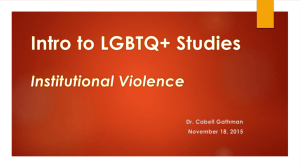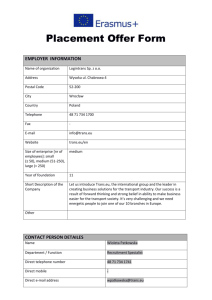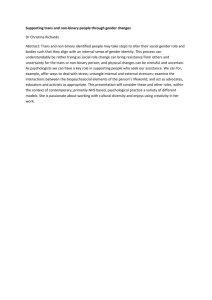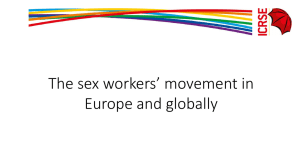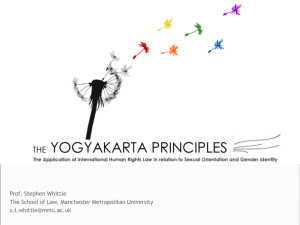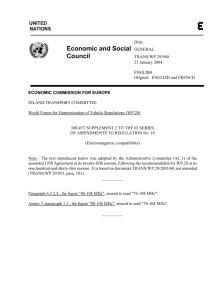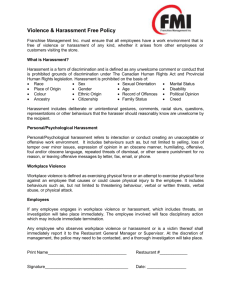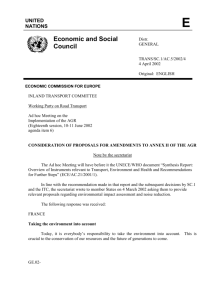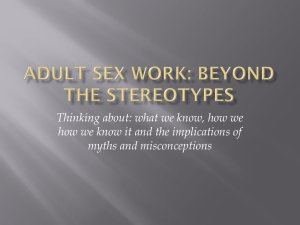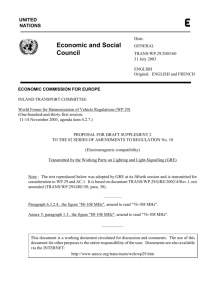CRIMINAL JUSTICE
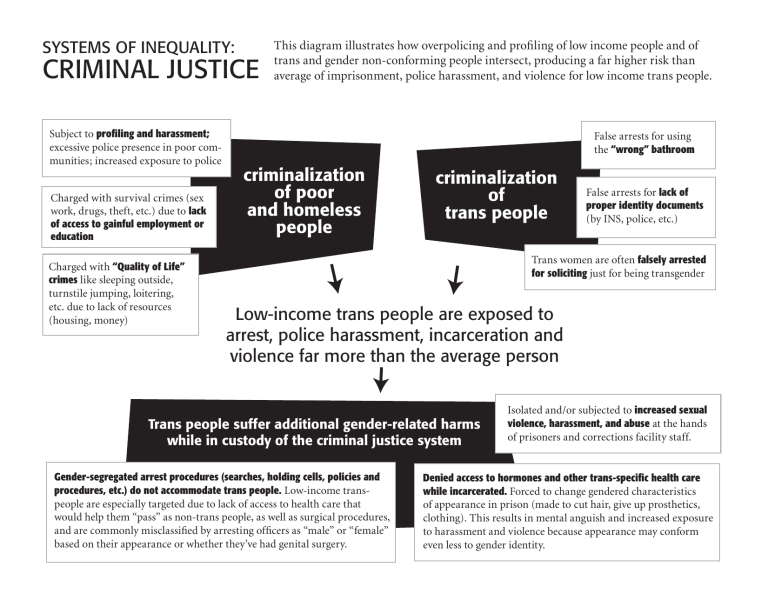
SYSTEMS OF INEQUALITY:
CRIMINAL JUSTICE
This diagram illustrates how overpolicing and profiling of low income people and of trans and gender non-conforming people intersect, producing a far higher risk than average of imprisonment, police harassment, and violence for low income trans people.
Subject to profiling and harassment; excessive police presence in poor communities; increased exposure to police
False arrests for using the “wrong” bathroom
Charged with survival crimes (sex work, drugs, theft, etc.) due to lack of access to gainful employment or education
Charged with “Quality of Life” crimes like sleeping outside, turnstile jumping, loitering, etc. due to lack of resources
(housing, money)
criminalization of poor and homeless people criminalization of trans people
False arrests for lack of proper identity documents
(by INS, police, etc.)
Trans women are often falsely arrested for soliciting just for being transgender
Low-income trans people are exposed to arrest, police harassment, incarceration and violence far more than the average person
Trans people suffer additional gender-related harms while in custody of the criminal justice system
Gender-segregated arrest procedures (searches, holding cells, policies and procedures, etc.) do not accommodate trans people. Low-income transpeople are especially targeted due to lack of access to health care that would help them “pass” as non-trans people, as well as surgical procedures, and are commonly misclassified by arresting officers as “male” or “female” based on their appearance or whether they’ve had genital surgery.
Isolated and/or subjected to increased sexual violence, harassment, and abuse at the hands of prisoners and corrections facility staff.
Denied access to hormones and other trans-specific health care while incarcerated.
Forced to change gendered characteristics of appearance in prison (made to cut hair, give up prosthetics, clothing). This results in mental anguish and increased exposure to harassment and violence because appearance may conform even less to gender identity.

